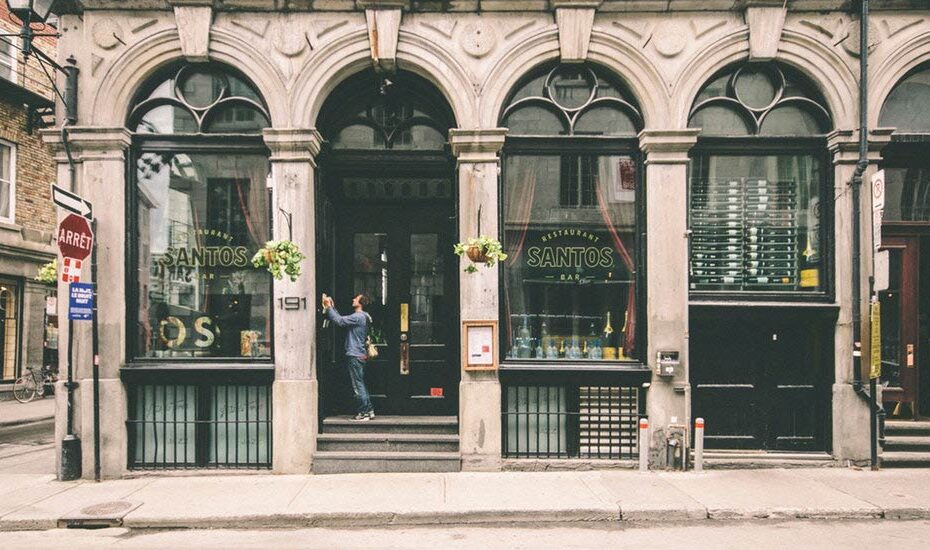Buying a commercial property involves a lot more considerations than when buying a residential property. This is not least because there is generally a lot more risk involved in buying a commercial property, despite that fact, such a decision can bring great financial benefits for the buyer.
There is no “one size fits all” strategy when it comes to purchasing commercial property. For example, the general assumption is that if you buy your own commercial property and run your own business from it, it is much more cost-effective than if you were to lease out a property. But this approach does not apply in all scenarios.
Factors to consider before buying a commercial property
Due to the substantial amount of risk involved in purchasing a commercial property, it is crucial that a buyer carefully evaluates the various factors involved before putting pen to paper. These can include:
- The type of commercial property (office, retail or industrial). This includes assessing the property’s allowable purposes under town planning legislation. For example, a manufacturer needs a location that can be used for industrial uses, whereas a law firm obviously needs office space.
- The location of the commercial property. While the future is unpredictable, a ‘prime’ location today might not be prime tomorrow. Therefore, it is helpful to examine the surrounding properties in the area to help determine whether the location is right. The distance from suppliers and end-users is also an important factor to consider, as is the accessibility of the business – parking, lifts and connectivity via transport. The availability of utilities to the property, such as electricity, water and internet, should also be taken into consideration.
- Consider the physical condition of the property, for this may have an effect on the budget (for example, how much money might be required for repairs). The condition of the property can affect the amount of rent or resale value that may be earned in the future.
- The return rate. While commercial properties have a higher return rate, they come at a greater risk.
- The length of the lease. Commercial property leases are usually around five years long, which is significantly longer than residential leases which are generally around 12 months long. The impact on the yield of the property and therefore its profitability. Understanding what a tenant is liable to do under the lease when it ends is also important as this may result in an additional cost to the buyer down the track.
- Solicitors are usually required to draw up the lease, for commercial leases tend to be 50 to 60 pages in length. This is a crucial consideration as the lease is the most crucial document when it comes to profiting off a commercial property.
- Ensure that the commercial property is free of any previous or existing litigation. A buyer can potentially renegotiate a deal or pull out altogether if legal issues still apply to the property.
- Any limitations on the property’s modification. A potential buyer should study the laws surrounding the rules and restrictions involved with modifying the property.
- Consider the overall budget. The cost of the property must be considered among all of the other transactions of the business. In the situation where the entire amount of the property investment is unavailable, a small down payment can be made and a mortgage for the remaining amount taken.
- Payments of outgoings. On commercial properties, the tenant usually pays most of the outgoings, including council rates, insurance, repairs and maintenance and in most cases, land tax. The buyer must also be aware of any hidden costs.
- Keep records from the very beginning. Commercial properties that are used in the running of a business are subject to capital gains tax. Tax deductions can also be claimed for expenses associated with owning it, such as interest on a loan to buy the property and maintenance expenses.
- Be aware there is the eligibility to claim a credit for the GST included in the purchase price or other expenses related to purchasing the property. Some purchases may allow a buyer to apply the GST going concern exemption. If this is not available, then GST will apply. This will result in stamp duty being calculated on the GST inclusive amount.
- Consider the best structure to purchase the property. Different purchasing entities will impact the application and liability of the buyer with respect to things like land tax.
Because there are many potential risks involved, legal advice is highly recommended when considering the purchase of a commercial property. A legal specialist in this area can assist the buyer throughout the entire process and ensure that everything runs smoothly.









